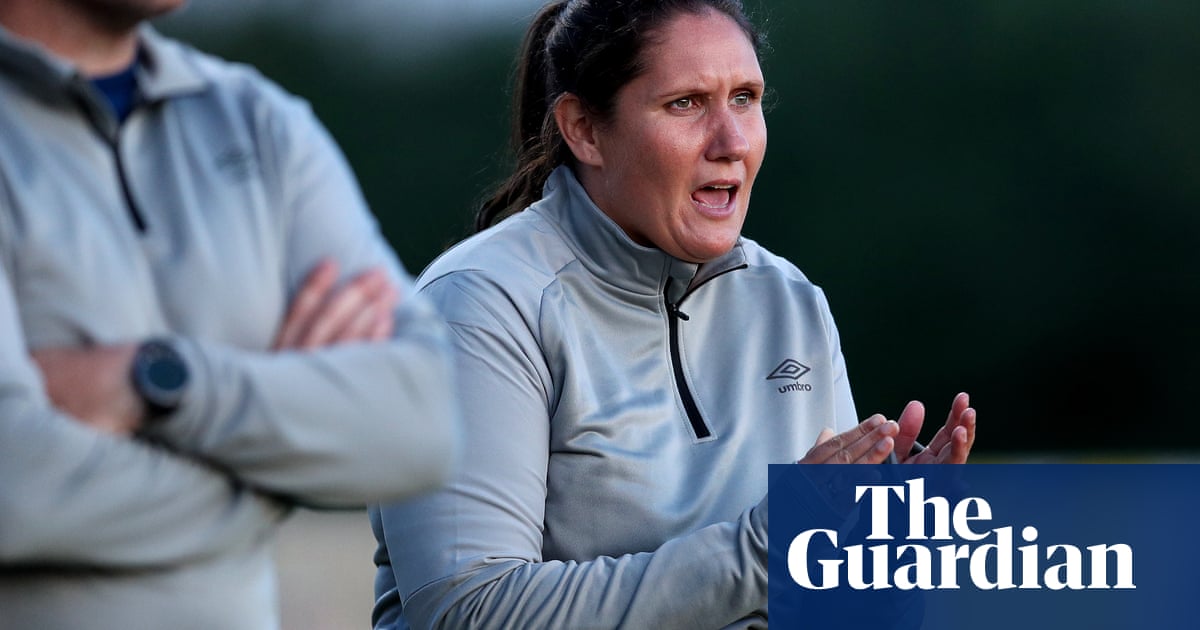
When the world first learned about the omicron variant of COVID-19 last month, there was a lot of pressure on policymakers and communicators to quickly provide clear answers.
However, many noted that it would take time before scientists and policymakers have sufficient information about the variant to answer key questions. Their ability and willingness to acknowledge uncertainty about the variant showed progress in communication about the pandemic.
It is difficult, yet critically important, for policymakers, journalists, scientists and spokespersons to be able to say “we don’t know” when there is a lack of information. Acknowledging uncertainty is crucial for several reasons. When communicating with the public, providing answers that lack a sound basis of evidence often leads to inaccurate or confusing messages. If messaging proves to be incorrect, the result is a severe undermining of trust. The public is less likely to view any future messages as credible.
This was a major problem earlier in the pandemic, when many messages about the nature of the virus, the value of wearing masks, how to social distance, school closures and more besides, appeared to frequently change. In a time of crisis, it is very damaging to communicate inaccurate information because of pressure to provide quick answers.
Many leaders of governments, businesses and other organizations have a tendency to avoid saying, “I don’t know.” While it is natural that leaders want to demonstrate their knowledge and authority, an unwillingness to acknowledge their own uncertainty can lead to arrogant and myopic decisions — which often result in mistakes and a loss of credibility. Additionally, people who pretend to know everything can easily come to persuade themselves of their own omniscience.
Leaders who either believe that they know everything or who feel that it would appear weak to acknowledge uncertainty often miss the opportunity to learn, evolve and gather ideas from others. Leaders who are comfortable with the reality that they cannot know everything are more likely to ask questions and seek input from colleagues, experts and others, which can help them gain knowledge, adapt to changing realities and make better decisions.
While there is clearly value in openly admitting a lack of information, people often find it difficult to do so. There are multiple reasons why it is so hard, especially for the very people tasked with communicating information and making decisions. Politicians want to demonstrate leadership and authority. Journalists want to provide information. Experts want to appear knowledgeable. Doctors want to help and cure people.
All of these groups have incentives to appear to have all the information and all the answers. It takes a high level of self-awareness, self-control and confidence to tell their constituents, viewers, readers, listeners, clients and patients that they lack information on an important topic.
Even when leaders and communicators recognize their own incentives to avoid uncertainty, and attempt to be clear about what they know and what they do not know, they often struggle to communicate changing information to the public. Research suggests that acknowledging uncertainty can undermine a public health message. Furthermore, audiences are not monolithic; some people will search for easy answers, while other people are suspicious of anyone offering them.
Communication is a two-way street and audiences also need to accept uncertainty and avoid punishing leaders and communicators who are honest about knowns and unknowns. Extensive psychology research has demonstrated that the human mind has a strong aversion to doubt and complexity. People naturally prefer easily defined problems and simple solutions. The desire for certainty and simplicity increases when people are stressed or feel threatened.
These natural human tendencies have created significant problems throughout the pandemic — a stressful, threatening experience that is constantly evolving and forcing people to cope with ongoing uncertainty. Pervasive misinformation about the pandemic has exacerbated the challenge of communication about it.
Despite these challenges, leaders and communicators should themselves acknowledge uncertainty and be willing to publicly say, “We don’t know” — or, at least, “We don’t know, yet.” Patience is a virtue when dealing with an evolving situation or a lack of information.
For example, there have been negative examples in the past of media and politicians rushing to conclusions in the wake of terrorist attacks or even violent incidents that prove to be unrelated to terrorism. Sometimes, it is best to recognize that an incident occurred and clearly state that we must wait for more information before saying more than that.
Fortunately, much of the coverage of the omicron variant suggests that communicators have learned some lessons from the pandemic. Compared with earlier in the outbreak, government spokespersons and media outlets appear to have more clearly stated that there is limited information about the variant and so the world will have to wait to understand how omicron will affect transmission, severity of disease and vaccine effectiveness. In turn, the public must accept the need to practice caution while waiting for scientists to conduct research and policymakers to develop science-based plans.
While the development of the 24/7 news cycle and social media have put considerable pressure on governments, the media, organizations and even individuals to respond to any development immediately, it is possible to hope that the pendulum might be swinging back to a more balanced approach.
The pandemic has highlighted the risks of crafting public messages and policies too quickly, without acknowledging that information is likely to change.
Kerry Boyd Anderson is a writer and political risk consultant with more than 18 years of experience as a professional analyst of international security issues and Middle East political and business risk. Her previous positions include deputy director for advisory with Oxford Analytica. Twitter: @KBAresearch












